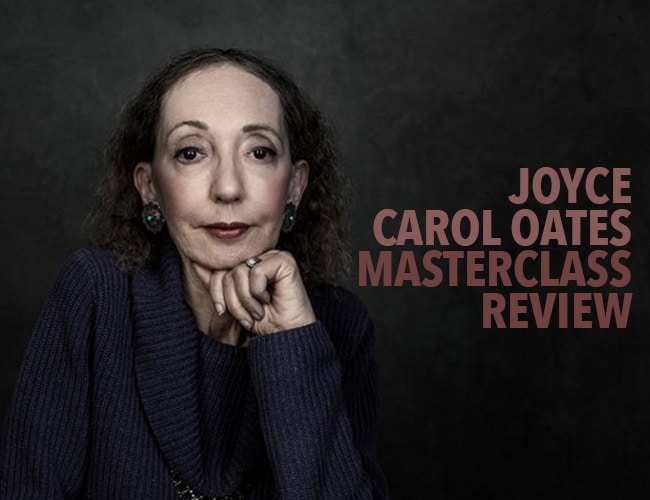
by Sarah Gribble |
I was scrolling through social earlier today and discovered something amazing: Joyce Carol Oates is teaching a MasterClass! And on short stories, nonetheless, which happens to be my forte. I’m so excited to have the opportunity to take this MasterClass, learn from an unparalleled literary giant, and write a Joyce Carol Oates MasterClass review.
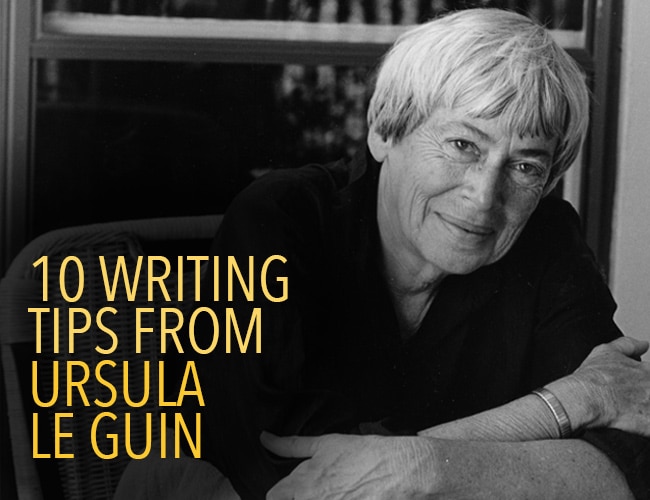
by Joe Bunting |
Le Guin was a “genre” writer who constantly pushed the boundaries of what we think of as genre. Besides sci-fi and fantasy, she wrote poetry, creative nonfiction, and literary fiction.
I honestly believe she will go down in history as one of the greatest writers, literary or otherwise, of the 20th century.
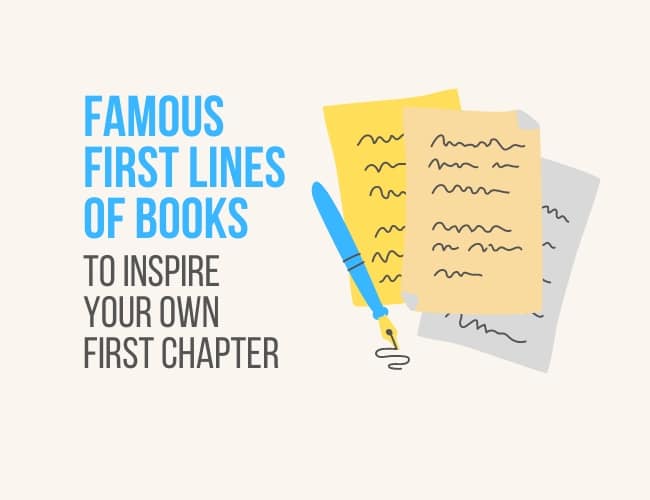
by Guest Blogger |
You never get a second chance to make a good first impression. That’s why these famous first lines of books are a terrific opportunity to learn from the masters of fiction. Take a look and see if one of your own favorites is here.
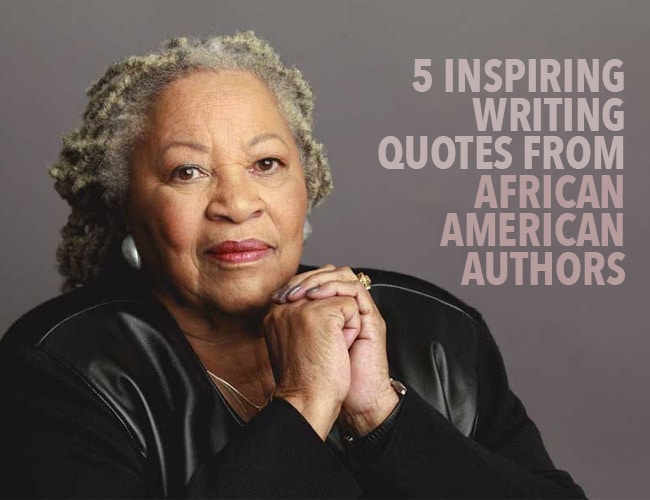
by The Magic Violinist |
This week, we lost an incredible writer. Toni Morrison was a novelist, essayist, editor, professor, and winner of the Nobel Prize for Literature. Her perhaps most well-known book, Beloved, won the Pulitzer Prize for Fiction and was made into a movie starring Oprah Winfrey.
In honor of Black History Month, I want to share five quotes from black authors that are sure to give you the push you need to write something fantastic.
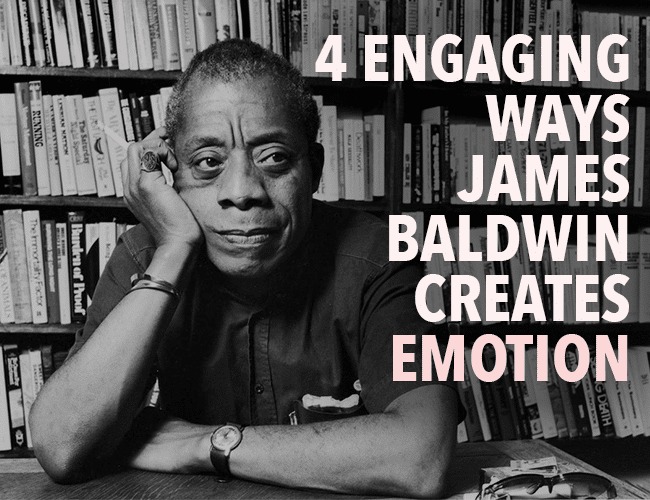
by Monica M. Clark |
Recently my publisher recommended I read the novel “If Beale Street Could Talk” by James Baldwin.
Baldwin is known by many for being a political writer during the Civil Rights movement, but what struck me about Beale Street was how he conveyed this emotion. He does such a great job making me feel Tish’s love, desperation, etc. throughout the book such that I found myself thinking, “how did he do that?”
How did Baldwin so successfully evoke emotion in Beale Street? Here are some of the answers I came up with.
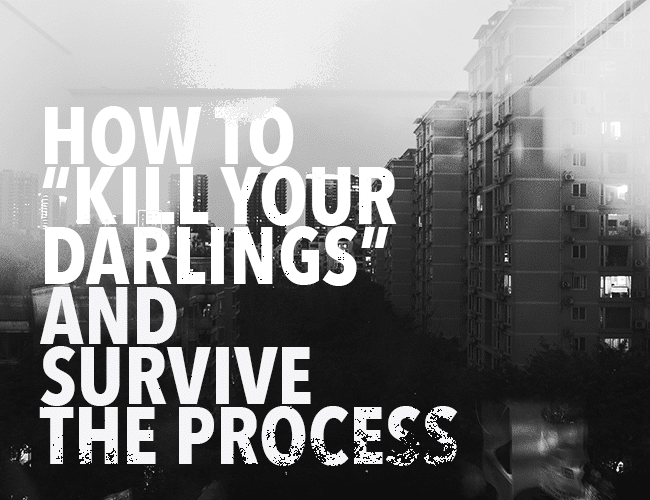
by Ruthanne Reid |
For those of us who’ve been in the writing biz a while, there is a quote by Stephen King we’ve all seen a thousand times (and if you’re new to writing, fear not: you’ll see this quote a thousand times, too).








